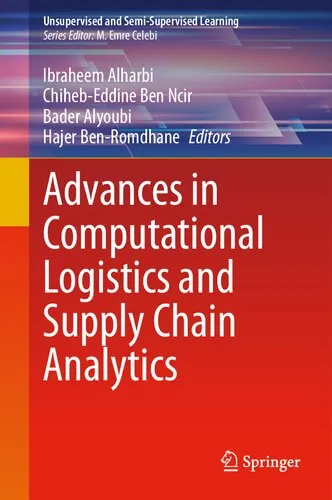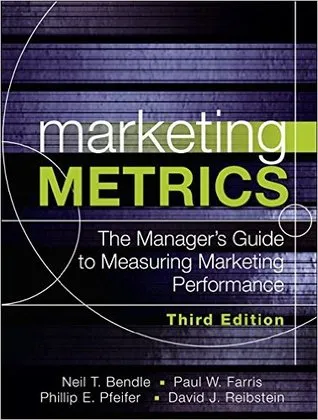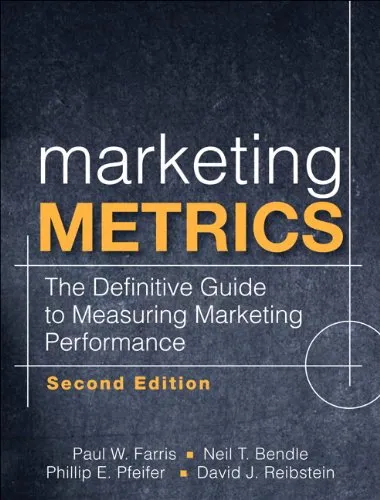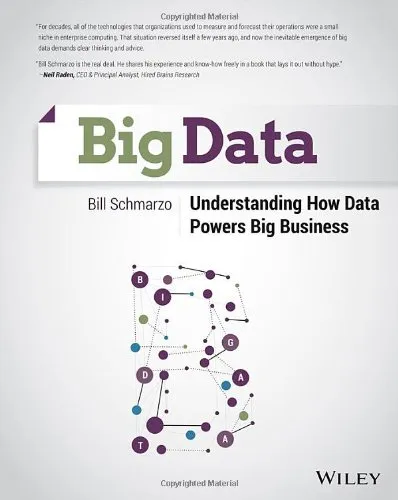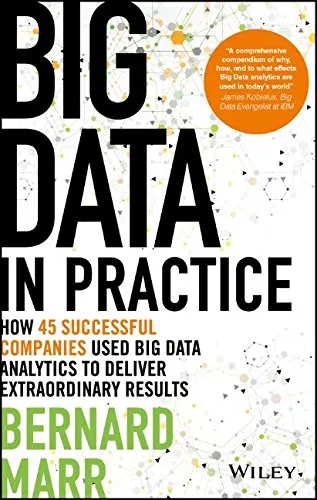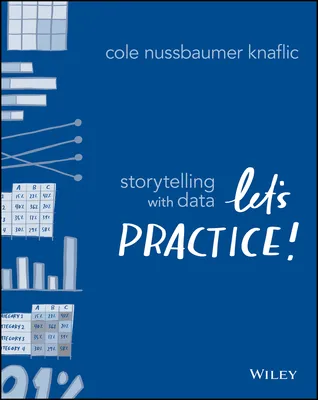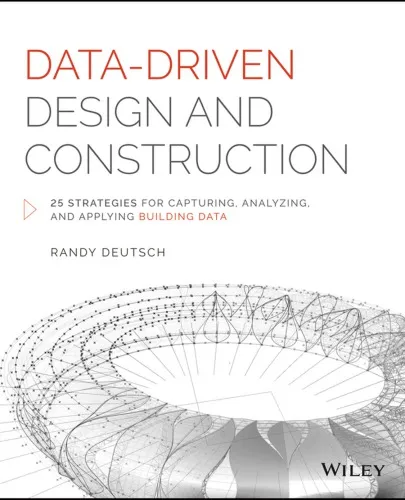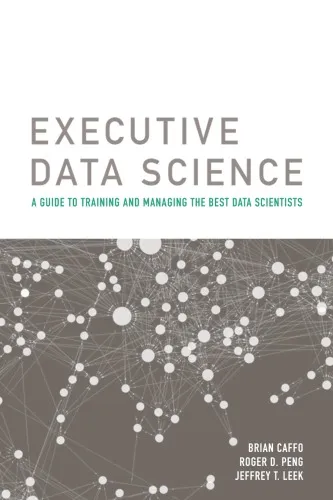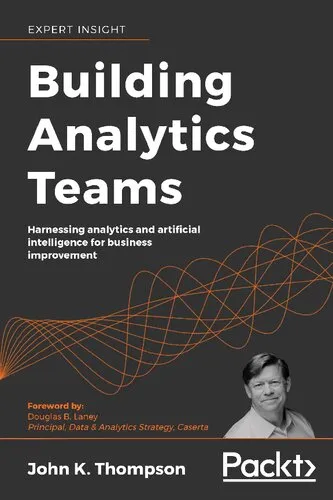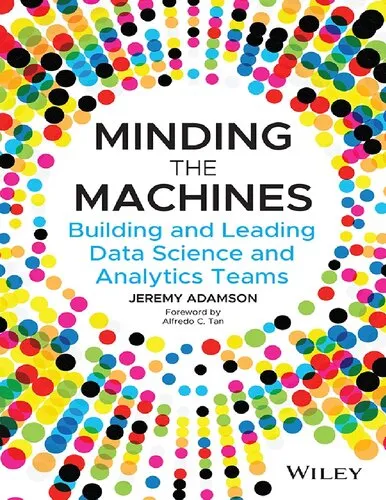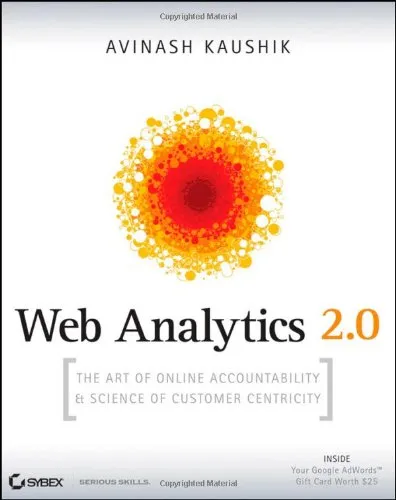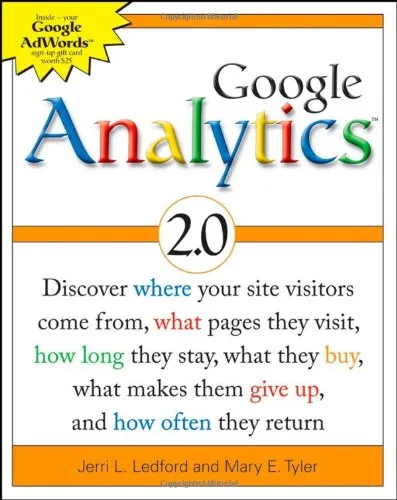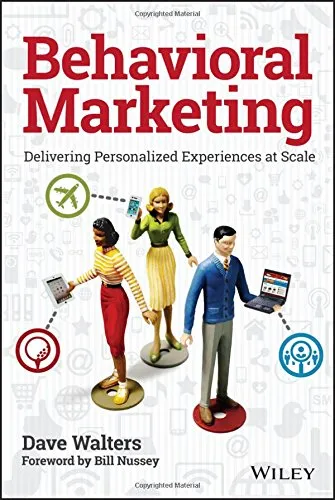Advances in Computational Logistics and Supply Chain Analytics (Unsupervised and Semi-Supervised Learning)
3.7
Reviews from our users

You Can Ask your questions from this book's AI after Login
Each download or ask from book AI costs 2 points. To earn more free points, please visit the Points Guide Page and complete some valuable actions.Related Refrences:
Introduction
The book "Advances in Computational Logistics and Supply Chain Analytics (Unsupervised and Semi-Supervised Learning)" represents a comprehensive exploration of cutting-edge advancements in the fields of logistics and supply chain management. In today’s fast-paced, globalized economy, the demand for sophisticated computational and analytical tools continues to grow as organizations strive to optimize operations, reduce costs, and improve customer satisfaction. This book delves deep into the transformative impact of unsupervised and semi-supervised learning techniques on logistics and supply chain systems, presenting new paradigms and methodologies to address prevalent challenges in the industry.
Offering both academic rigor and real-world applicability, this book serves as a critical resource for researchers, practitioners, and students seeking to stay at the forefront of these essential disciplines. With robust discussions of unsupervised and semi-supervised learning models and their relevance to logistics and supply chain optimization, this text seeks to bridge the gap between theory and practice. Written and edited by prominent experts, the book combines foundational insights with state-of-the-art research developments, showcasing the undeniable role of computational intelligence in streamlining logistics and decision-making processes.
Through its well-organized chapters and carefully curated content, the book empowers readers to tackle complex logistics challenges, enabling them to leverage these novel methodologies to drive efficiency, resilience, and innovation within global supply chains.
Detailed Summary of the Book
This book sheds light on the profound influence of unsupervised and semi-supervised learning techniques on modern-day logistics and supply chain systems.
Unsupervised learning explores insights from unstructured data, identifying patterns and clustering variables to optimize processes such as demand forecasting, route optimization, and warehouse management. Semi-supervised learning combines the strengths of both supervised and unsupervised methods, offering powerful solutions in scenarios where labeled data is limited—an increasingly common scenario in global supply chains.
The book is structured to provide a natural progression, starting with fundamental concepts before diving into advanced models. A key focus is placed on real-world applications, covering topics such as predictive maintenance, dynamic inventory management, anomaly detection, and demand forecasting. Readers are guided through contemporary computational techniques, such as clustering algorithms, generative models, and reinforcement learning, emphasizing their role in solving practical logistics problems.
Moreover, the book takes great care to highlight ethical considerations and data governance principles when deploying these advanced methodologies in a practical setting. By intersecting machine learning innovations with logistics, the book encourages businesses to embrace intelligent systems and redefine operational efficiency in the 21st century.
Key Takeaways
This book offers readers critical knowledge and actionable insights:
- Deep understanding of unsupervised and semi-supervised techniques and their applications to logistics and supply chains.
- Practical strategies to address real-world challenges such as cost reduction, improved resource allocation, and risk management.
- Case studies showcasing the transformative effects of machine learning in logistics.
- Ethical considerations and recommendations for implementing machine learning frameworks responsibly.
- Insights into the future of computational logistics, with an emphasis on automation and resilience.
Famous Quotes from the Book
“In an era defined by complexity, it is artificial intelligence and machine learning that will transform the supply chains of today into the intelligent ecosystems of tomorrow.”
“The goal is not to replace human decision-makers, but to complement their intuition and experience with precision, efficiency, and adaptability.”
Why This Book Matters
The significance of this book lies in its unique ability to converge academic theory and practical implementation in the field of logistics and supply chain management.
As the logistics industry becomes increasingly data-driven, traditional methods of decision-making fall short of addressing new-age challenges. This book becomes a crucial resource for anyone aiming to harness the power of data and machine learning to innovate logistics operations. By focusing on the novel techniques of unsupervised and semi-supervised learning, this book extends beyond conventional analytics, equipping readers with the tools to extract actionable intelligence from vast, unstructured datasets.
Readers will find this book indispensable for navigating the challenges of uncertainty, complexity, and evolving supply chain ecosystems. Whether you're a researcher or an industry professional working on predictive modeling, risk optimization, or operational logistics, this book will serve as both a foundational text and an inspirational guide to navigating next-generation computational solutions.
Free Direct Download
You Can Download this book after Login
Accessing books through legal platforms and public libraries not only supports the rights of authors and publishers but also contributes to the sustainability of reading culture. Before downloading, please take a moment to consider these options.
Find this book on other platforms:
WorldCat helps you find books in libraries worldwide.
See ratings, reviews, and discussions on Goodreads.
Find and buy rare or used books on AbeBooks.
1371
بازدید3.7
امتیاز0
نظر98%
رضایتReviews:
3.7
Based on 0 users review
Questions & Answers
Ask questions about this book or help others by answering
No questions yet. Be the first to ask!
